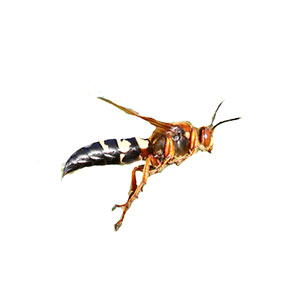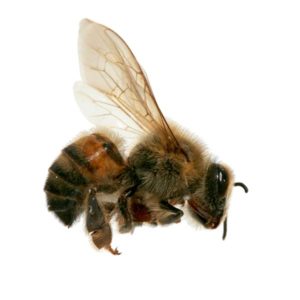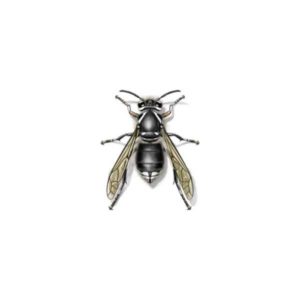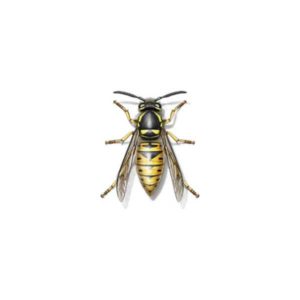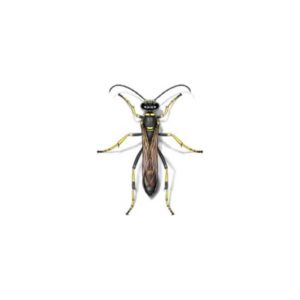Cicada Killer Wasps in Puerto Rico
Cicada killer wasps are one of the largest wasp species in the nation. Female wasps often attack cicadas in flight, sting them until they become paralyzed and take them back to the nest to feed her larvae. Cicada killers are found throughout the U.S., Mexico and parts of Central America. These wasps dig holes or burrows, preferably in soft, sandy and well-drained soil. They may be found on sloped terrains, in flower beds, along patio edges or sidewalks, as well as in the yard. Their burrowing activity can become dangerous for structures in the San Juan and Ponce neighborhoods.
Cicada Killer Wasp Habitat
Cicada killer wasps are most active in the summer months, with adults appearing in late June and July. These wasps are typically found near cicada populations. Female wasps will burrow into the ground for their nests. After paralyzing the cicada, the female wasp will bury the cicada with its larvae in its burrow. Frequently, dozens of their burrows are located in lawns and on golf courses. A pile of soil often surrounds the entrance. The male wasp flies guard duty over the lawn, chasing away potential predators.
Cicada Killer Wasp Behavior, Threats & Dangers
Unlike other wasp species, cicada killers are not very aggressive and rarely sting humans or pets, unless they are disturbed. Males are aggressive and territorial, but do not possess a stinger. A sting from a cicada killer wasp can be painful and their venom may cause an allergic reaction in some people. Cicada killers can be a nuisance if they are found on your property. Female wasps dig fairly large burrows, making quite a large mess near plants and vegetation. The burrowing behavior of this wasp can damage the roots of plants and make some structures, like walkways and pathways, unstable.
If you notice cicada killer wasps in or near your property, always contact your local wasp control experts for help.
Need help with Cicada Killer Wasp control?
We'll call you! Leave your information below.
